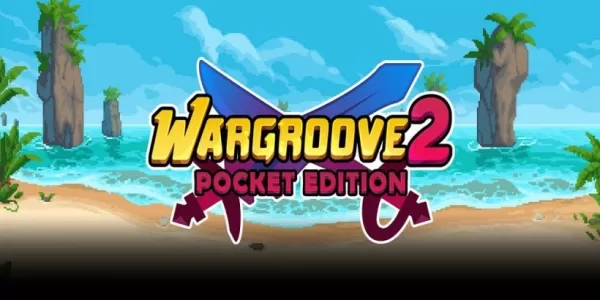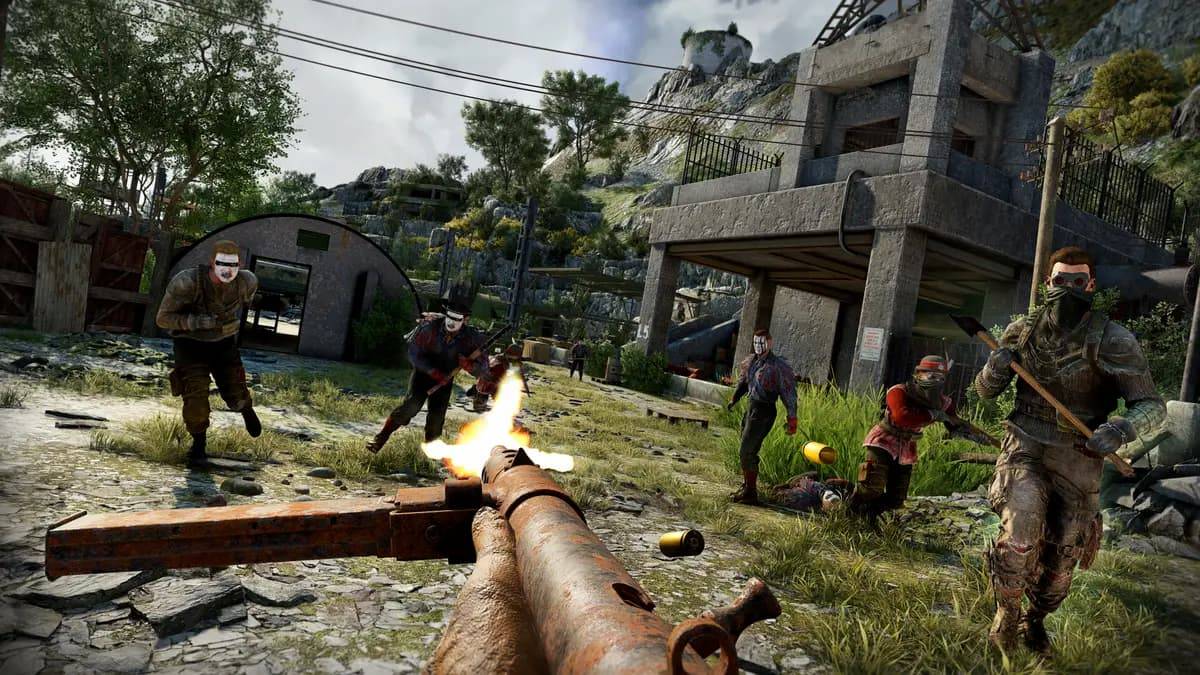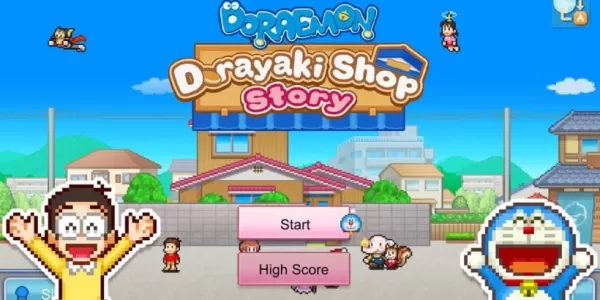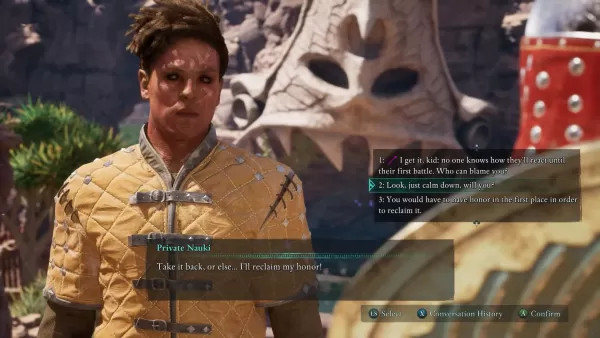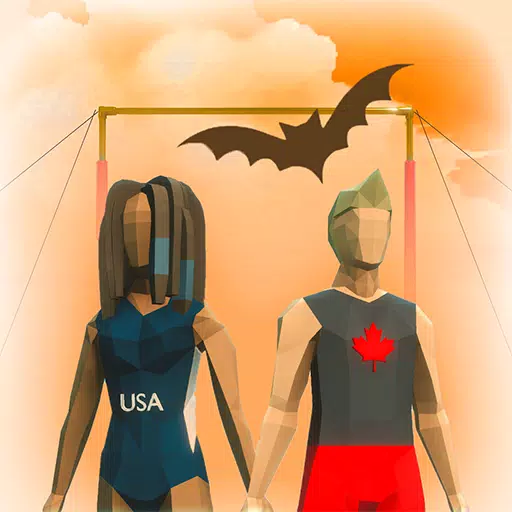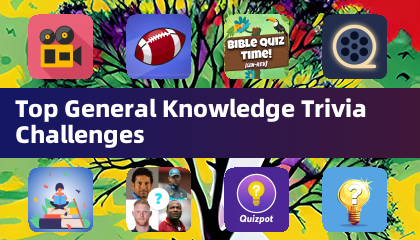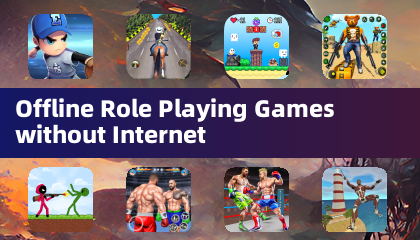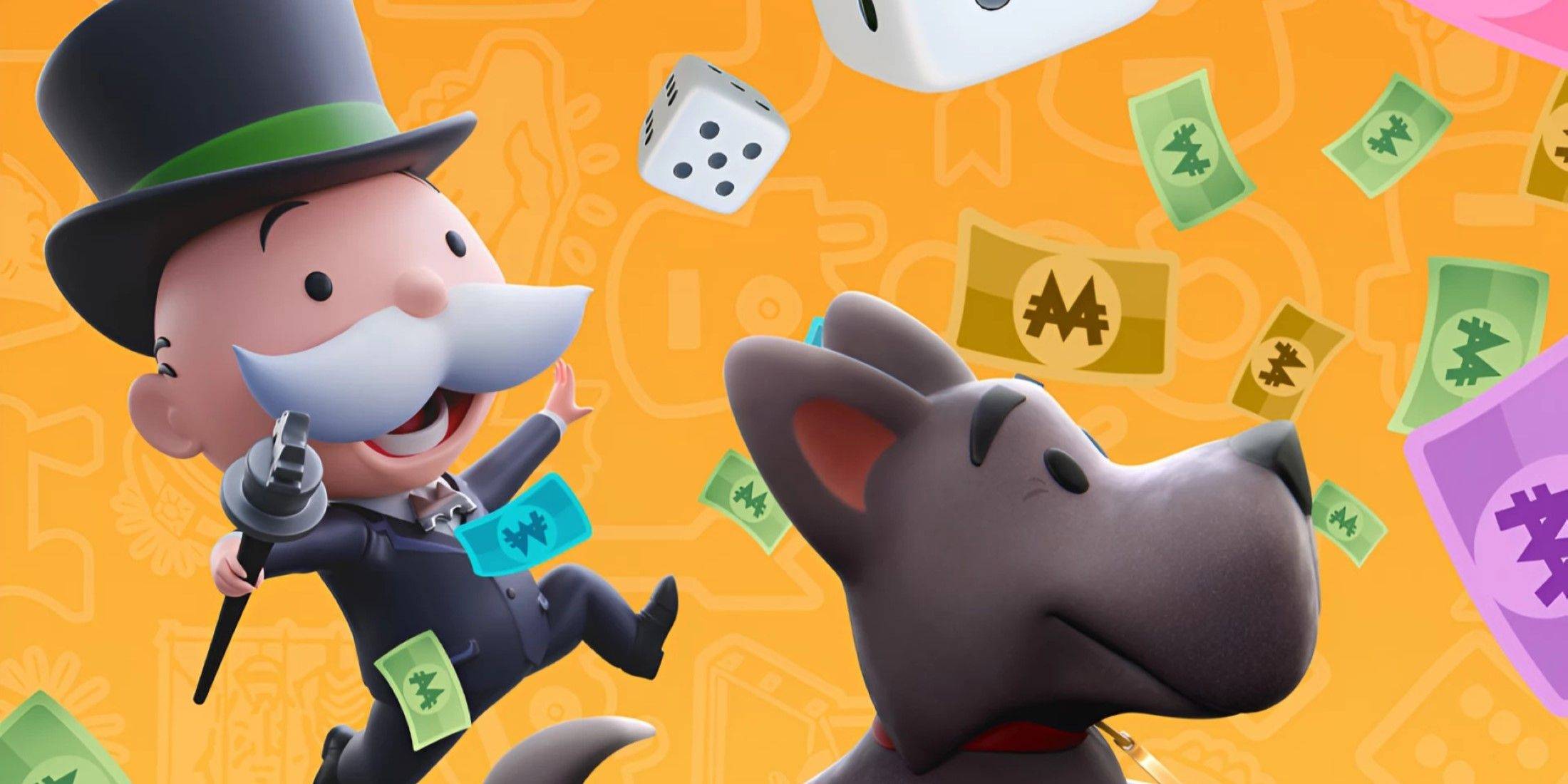
Monopoly GO's Microtransactions: A $25,000 Cautionary Tale
A recent incident highlights the significant financial risks associated with in-app purchases in mobile games. A 17-year-old reportedly spent a staggering $25,000 on Monopoly GO, a free-to-play game that relies heavily on microtransactions for revenue. This case underscores the potential for uncontrolled spending and the difficulties in obtaining refunds for unintentional purchases.
The teenager's substantial expenditure isn't an isolated incident. Other players have admitted to spending hundreds, even thousands, of dollars within the game to accelerate progress and unlock rewards. This highlights the addictive nature of these microtransaction systems and their capacity to generate significant revenue for developers.
A Reddit post (since deleted) detailed the family's predicament, revealing 368 separate in-app purchases totaling $25,000. Unfortunately, the game's terms of service likely protect the company from refunding these purchases, even if accidental. This situation mirrors similar controversies surrounding freemium games, such as Pokemon TCG Pocket, which generated $208 million in its first month through microtransactions.
The Ongoing Debate Surrounding In-Game Microtransactions
The Monopoly GO incident adds to the ongoing debate surrounding the ethical implications of in-game microtransactions. The practice has faced legal challenges before, with lawsuits filed against companies like Take-Two Interactive (developer of NBA 2K) over their microtransaction models. While this particular case may not reach the courts, it serves as a stark reminder of the potential for financial harm.
The profitability of microtransactions is undeniable; games like Diablo 4 have generated over $150 million in revenue from this model. However, the ease with which players can accumulate small charges can lead to significant, and often unexpected, expenses. This design often feels deceptive, encouraging overspending.
This story serves as a powerful warning. The difficulty in securing refunds for in-app purchases emphasizes the importance of parental controls and mindful spending when engaging with free-to-play games featuring microtransactions. The Monopoly GO experience underscores the need for greater transparency and consumer protection in this rapidly growing segment of the gaming industry.

